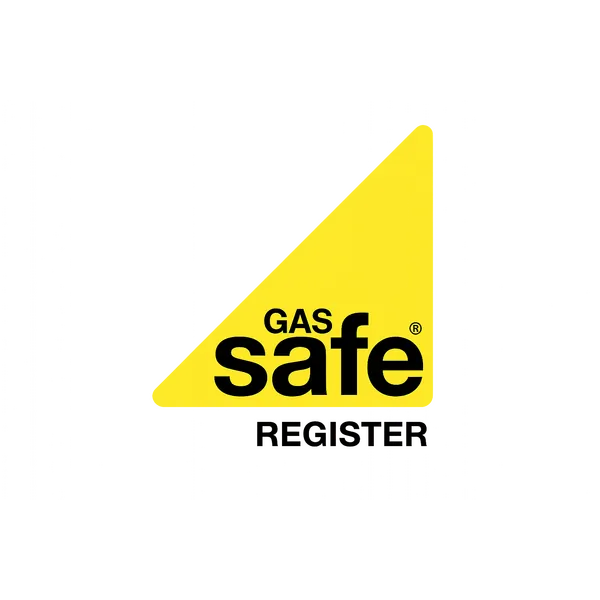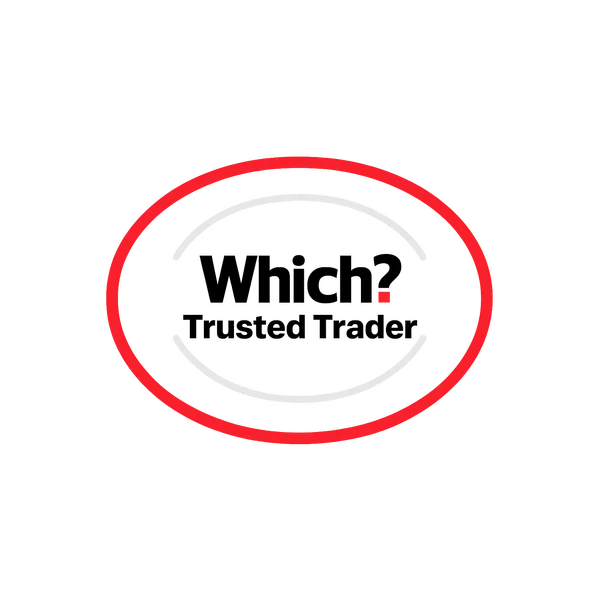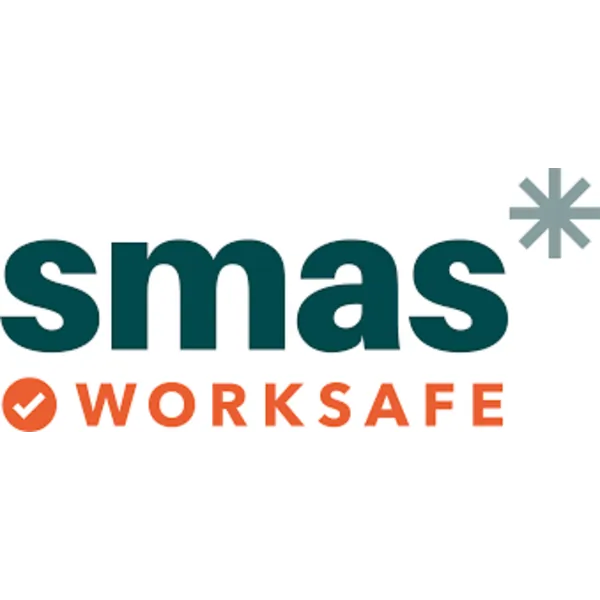What's Involved in a Home EV Charger Installation?
As electric vehicles become increasingly popular across the UK, more homeowners are considering installing dedicated EV charging points at their properties. While the prospect of charging your electric vehicle at home offers unparalleled convenience and cost savings, many people wonder what exactly the installation process entails. From initial site surveys to final commissioning, here's your comprehensive guide to home EV charger installation.
The Initial Site Survey: Laying the Groundwork
Every successful EV charger installation begins with a thorough site survey conducted by qualified electricians. This crucial first step involves assessing several key factors that will determine the optimal installation approach:
Property Assessment
Our engineers evaluate your property's layout, identifying the most practical location for the charging unit. We consider factors such as proximity to your parking space, accessibility for cable routing, and protection from environmental elements. The ideal location balances convenience with safety, ensuring the charger is easily accessible while remaining protected from potential damage.
Electrical Infrastructure Review
During the survey, we examine your existing electrical setup, including the location of your consumer unit (fuse box), main incoming supply, and overall electrical capacity. This assessment helps us determine whether your current system can support an EV charger or if upgrades are necessary.
Future-Proofing Considerations
We also discuss your current and future EV charging needs. Are you planning to add a second electric vehicle? Do you anticipate needing faster charging capabilities? These conversations help us recommend the most suitable charger model and installation approach for your specific requirements.
Electrical Capacity Checks: Ensuring System Compatibility
One of the most critical aspects of EV charger installation is verifying your property's electrical capacity. Most UK homes have a single-phase 100A supply, which must accommodate all your household electrical demands plus the additional load of an EV charger.
Load Calculation Analysis
Our electricians perform detailed load calculations to ensure your electrical system can safely handle the additional demand. We assess your existing electrical appliances, heating systems, and any other high-power equipment to determine the available capacity for EV charging.
Smart Charger Benefits
Modern EV chargers incorporate smart technology that can dynamically manage power consumption. These intelligent systems can reduce charging rates during periods of high household electricity usage, ensuring you never exceed your property's electrical capacity while still achieving optimal charging performance.
Cable Routing: The Invisible Infrastructure
Proper cable routing is essential for both safety and aesthetics. Our installation approach prioritises neat, discreet cable runs that maintain your property's appearance while ensuring long-term reliability.
Surface Mounting vs. Concealed Routing
Depending on your property's construction and your preferences, we can route cables either surface-mounted in trunking or concealed within walls and voids. Surface mounting offers easier future maintenance, while concealed routing provides a cleaner aesthetic finish.
Safety Considerations
All cable routing follows strict electrical safety regulations, maintaining appropriate distances from water sources, gas pipes, and other utilities. We ensure cables are properly supported and protected against physical damage throughout their entire run.
Consumer Unit Upgrades: When They're Necessary
Many older UK properties require consumer unit upgrades to accommodate EV charger installation safely. Here's when an upgrade might be necessary:
Outdated Consumer Units
Properties with old-style fuse boxes or consumer units that lack RCD (Residual Current Device) protection will require upgrading to modern standards. Current regulations mandate dual RCD protection or RCBOs for EV charger circuits.
Insufficient Capacity
If your existing consumer unit has no available ways (spaces for additional circuits) or cannot handle the additional load, we'll recommend an upgrade to a larger unit with adequate capacity for both current and future needs.
Smart Integration
Modern consumer units can integrate with smart home systems and EV chargers, providing enhanced monitoring and control capabilities. Upgrading offers an opportunity to future-proof your electrical system.
DNO Notifications: Regulatory Compliance
Under UK regulations, all EV charger installations must be notified to the District Network Operator (DNO) – the company responsible for maintaining your local electricity network.
What is DNO Notification?
The DNO notification process informs your local network operator about the new electrical load being added to their system. This ensures the local grid can accommodate the increased demand and helps maintain network stability.
Installation Certification
As OZEV-approved installers, CRG Direct handles all DNO notifications on your behalf. We provide the necessary certification and ensure full compliance with current regulations, giving you peace of mind that your installation meets all legal requirements.
Installation Timeframes: What to Expect
The duration of an EV charger installation varies depending on several factors, but most standard installations follow this timeline:
Standard Installation (1-2 Days)
A typical straightforward installation takes one to two days, including:
- Site preparation and cable routing
- Consumer unit work (if required)
- Charger mounting and electrical connections
- Testing and commissioning
- Customer demonstration
Complex Installations (2-3 Days)
More challenging installations involving longer cable runs, consumer unit upgrades, or special architectural considerations may require additional time. We provide accurate timeframe estimates during the initial survey.
CRG Direct's Seamless Installation Process
At CRG Direct, we've refined our installation process to ensure minimal disruption and maximum customer satisfaction:
Comprehensive Planning
We begin with detailed planning, ensuring all materials and equipment are ready before we arrive on site. This preparation minimises installation time and reduces any inconvenience to you and your family.
Expert Installation Team
Our OZEV-approved electricians bring years of experience in EV charger installation. They work efficiently while maintaining the highest standards of workmanship and safety.
Thorough Testing and Commissioning
Every installation concludes with comprehensive testing to verify proper operation and safety. We test earth fault protection, connectivity, and charging functionality before handing over your new charging system.
Customer Training and Support
We provide complete training on using your new EV charger, including smartphone app setup (for smart chargers) and maintenance guidance. Our ongoing support ensures you get the most from your investment.
Making the Switch to Home EV Charging
Installing a home EV charger transforms your electric vehicle ownership experience, offering convenience, cost savings, and environmental benefits. With proper planning and professional installation, you can enjoy reliable home charging for years to come.
The process might seem complex, but with experienced installers like CRG Direct managing every aspect – from initial survey to DNO notifications – you can be confident in a smooth, compliant installation that meets all safety standards and regulatory requirements.
Ready to take the next step towards convenient home EV charging? Contact CRG Direct today to schedule your free site survey and discover how we can make your transition to electric driving seamless and stress-free.















